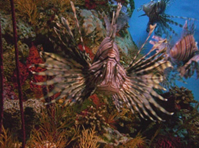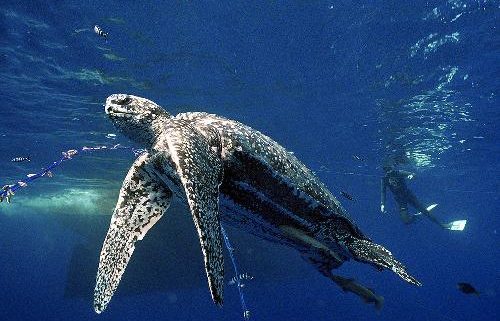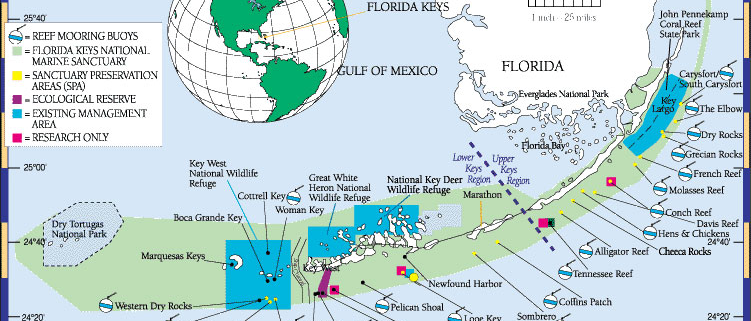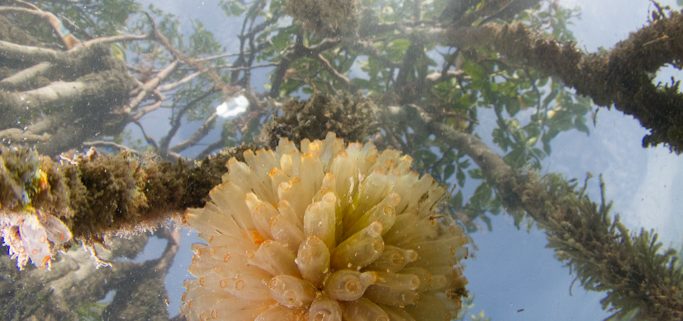Dietary preferences of lionfish in the United States
by Audra Burchfield, Marine conservation student Imagine being a reef fish around twenty years ago. You are swimming around when all of the sudden a new fish you have never seen before is on the reef. Over the next few years more of these strange fish are present and pretty soon they are common place. […]
Incidental captures of sea turtles in the driftnet and longline fisheries in northwestern Morocco
By Ana Zangroniz, Marine Conservation Student One important issue in marine conservation lies with the preservation of a healthy sea turtle population. Of the seven species (Leatherback, Green, Loggerhead, Hawksbill, Olive Ridley, Kemps Ridley, and Flatback), six are endangered or threatened. Besides the fact that these creatures are visually stunning, they play a crucial role […]
Are Marine Protected Areas Effective?
By Natalie Torkelson, Marine conservation student Living in South Florida, most people are familiar with the concept of Marine Protected Areas (MPAs). The Florida Keys National Marine Sanctuary is just one of these protected areas in Florida. Six percent of the sanctuary consists of fully protected zones. Along with the fully protected zones, 27 management […]
Possible Links Between Estuarine Pollution and Invertebrate Biodiversity
by Monica Yasunaga, Marine conservation student Marine degradation from coastal pollution is difficult to measure without the appropriate frame of reference. The parameters that must be considered include the physical, chemical, and biological interactions that are taking part in an area. To understand the extent to which human-induced development and activities affect marine ecosystems, biologists […]
Ruling from the top-down: Sharks as Apex Predators and the Need for Better Management
by Tom Tascone, RJD Intern An apex predator is defined as a predator residing at the top of the food web in its ecosystem. Life at the top has its benefits – reigning supreme in its environment, the apex predator feeds on lower levels in the food chain and has no natural predators of its […]






